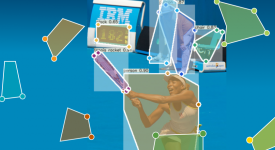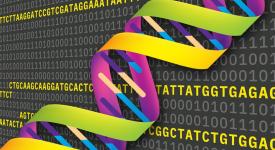Predictive Science Research Gets Major Boost Thanks to the Department of Energy

10/05/2020 - Source: College of Natural Sciences Many of the decisions we make are now guided by computational simulations, from designing new spacecraft to predicting the spread of a pandemic. But it's not enough for a simulation model to just issue predictions. A decision-maker needs to know just how much those predictions can be trusted.












